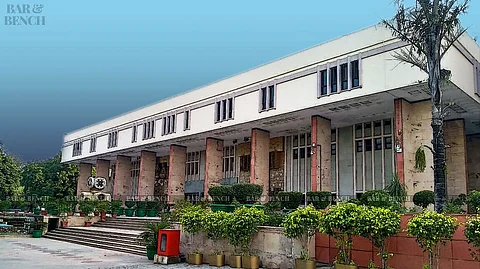
- News
- Columns
- Interviews
- Law Firms
- Apprentice Lawyer
- Legal Jobs
- हिंदी
- ಕನ್ನಡ

The Delhi High Court has held that courts do not have the power to direct government institutions to lower their cut-offs so as to admit candidates with an intellectual or learning disability.